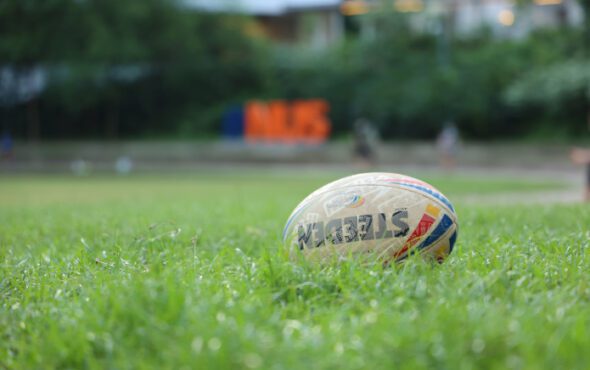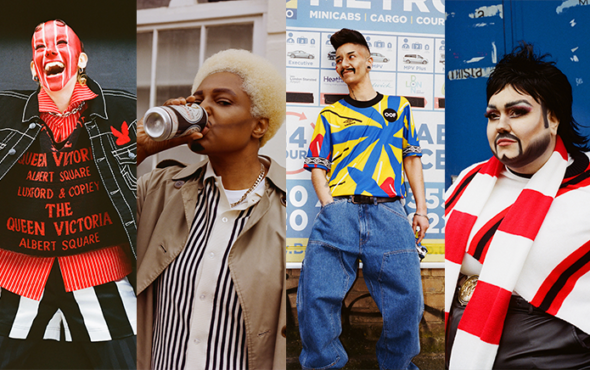
Transgender women will be banned from competing in female contact rugby games after a policy review by the Irish Rugby Football Union (IRFU).
Trans men, however, will be permitted to play for men’s teams “if they provide written consent and a risk assessment is carried out”.
The rule change will come into effect from the upcoming season.
“The IRFU is keenly aware that this is a sensitive and challenging area for those involved and the wider LGBT+ community and will continue to work with those impacted, providing support to ensure their ongoing involvement with the game,” the IRFU said in a statement.
“Recent peer reviewed research provides evidence that there are physical differences between those people whose sex was assigned as male and those as female at birth, and advantages in strength, stamina and physique brought about by male puberty are significant and retained even after testosterone suppression.”
The IRFU said it has “discussed the matter directly” with the two registered players affected by the new policy, as well as giving them “options to remain active in the game”.
These include competing in non-contact playing formats, coaching, volunteering and refereeing.
IRFU updates Transgender guidelines.
‘This is a particularly sensitive area, and it is important that respect is shown to all members of our rugby family and the wider community.’https://t.co/IjMhVRtqeC pic.twitter.com/cM4VBrqY1U
— Irish Rugby (@IrishRugby) August 10, 2022
Moninne Griffith, chief executive of Belong To and co-director of Trans Equality Together, told the BBC that the move sets “a dangerous precedent”.
“It is openly sending a message to trans people, their families and allies that they are not welcome in the rugby community,” she explained.
“It is also setting a dangerous precedent for other Irish sporting organisations to follow their lead in banning trans players.
“We note the IRFU’s values include respect, integrity and inclusivity. This decision flies in the face of these values.”
The changes come just a few weeks after the Rugby Football Union (RFU) voted to ban trans women from full-contact rugby from next season.
RFU Council votes in favour of change to gender participation policy
For more information:
Gender Participation Policy – Frequently Asked Questions
🔗https://t.co/KaD3j1kVS3RFU Gender Participation Video
🔗https://t.co/VpE7AmzyYS— Rugby Football Union (@RFU) July 29, 2022
At the time, Jeff Blackett, the RFU president, said: “Inclusion is at the heart of rugby values and we will continue to work with everyone to keep listening, learning and finding ways to demonstrate there is a place for everyone in our game.
“We know that many will be disappointed by this decision, however, it has been based on all the scientific evidence available.
“Our game can be strengthened by everyone who is involved; be it in coaching, refereeing, administration or supporting and playing non-contact forms of the game.”



